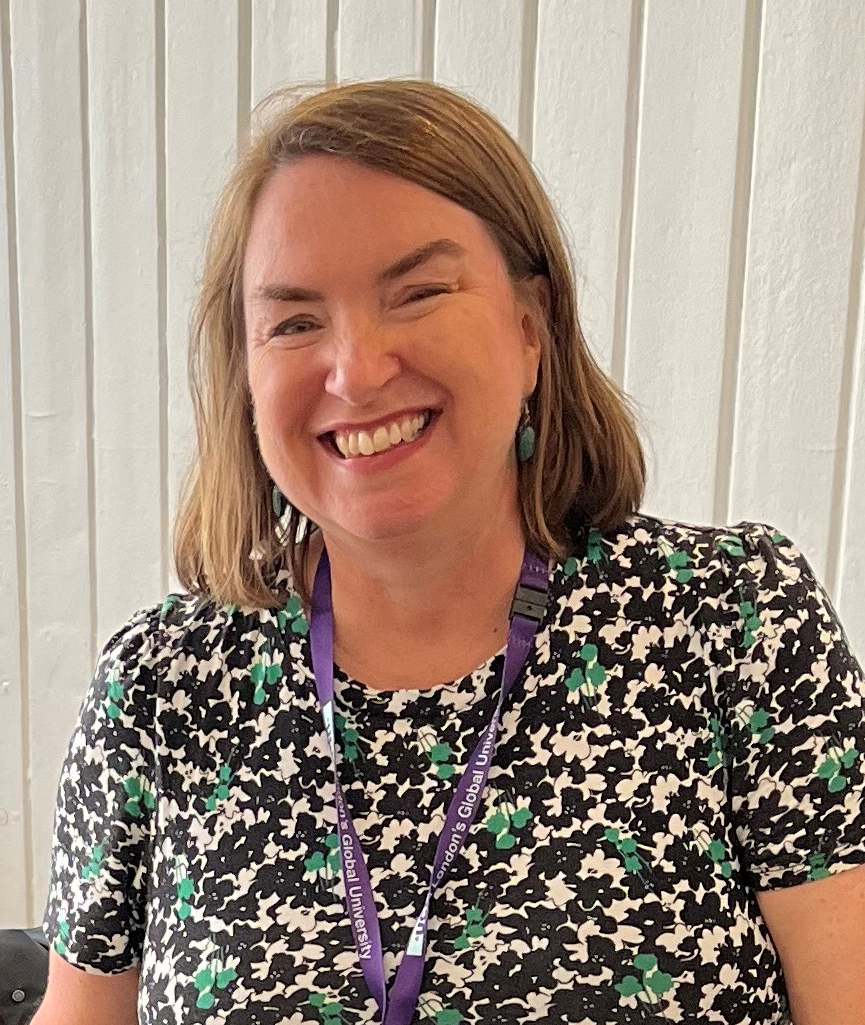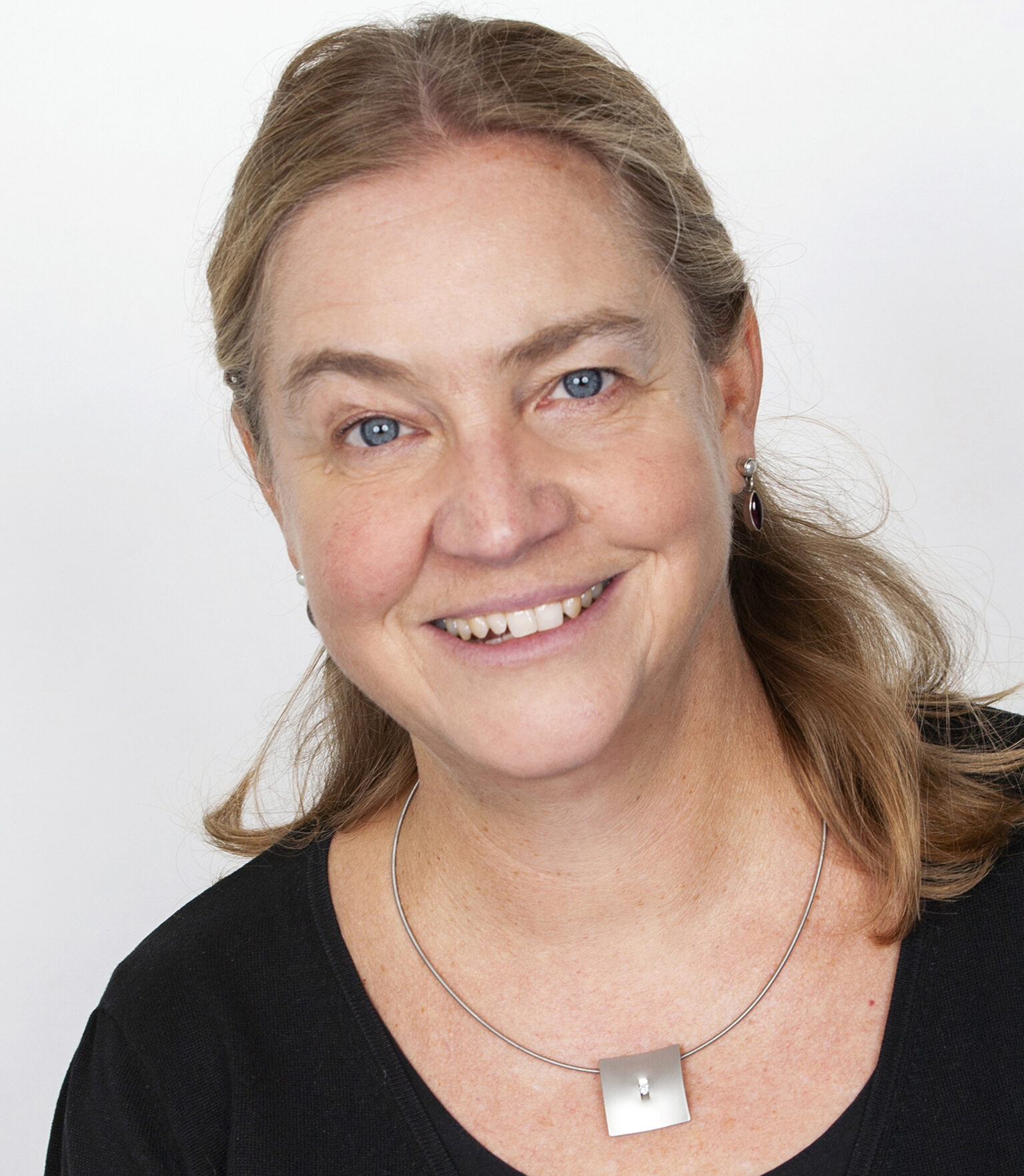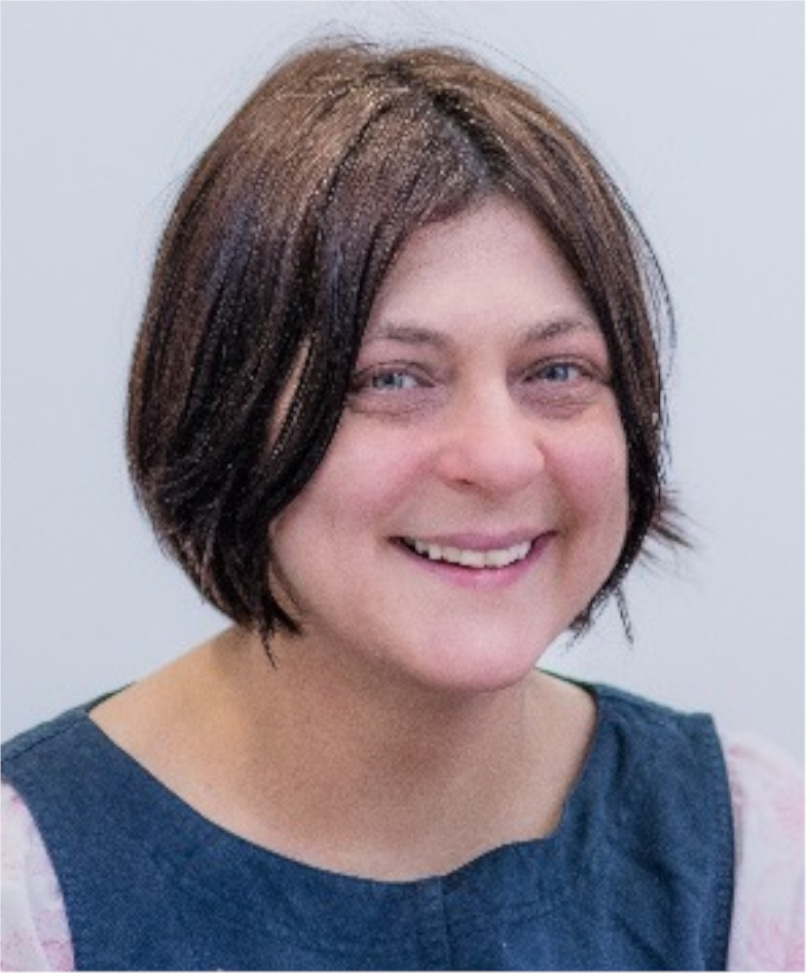Keynote-Speaker
Erfahren Sie mehr über die Speaker, die Sie erwarten


Courtenay Norbury
University College London
Courtenay Norbury is Professor of Developmental Disorders of Language and Communication at Psychology and Language Sciences, University College London. She leads the Literacy, Language and Communication (LiLaC) Lab (www.lilac-lab.org) and a Fellow of the Royal College of Speech and Language Therapists. She obtained her PhD in Experimental Psychology at the University of Oxford, working with Professor Dorothy Bishop on the overlapping language profiles that characterise autism and developmental language disorder. Professor Norbury’s current research focuses on language disorders and how language interacts with other aspects of social and cognitive development. She leads SCALES, a population study of language development and disorder from school entry. She is also a founding member of the RADLD campaign (https://radld.org/).
Social emotional outcomes of developmental language disorder
Freitag, 15.11.2024 | 09:15 – 10:15
In this lecture I will present data from a 10-year longitudinal study of language development and disorder in over 500 children from school entry through the transition to secondary school. The study sought to better understand how impaired language development affects other aspects of development over time.
I will focus on potential mechanisms explaining the well-established link between language disorder and adverse social, emotional, and behavioural outcome. Our data show that early language is predictive of later skill in emotion recognition and emotion regulation. These skills in turn associate with parent ratings of anxiety and depression. However, the relationships are complex and further complicated by limitations in assessment.
These findings have profound implications for young people with language disorder and their ability to access ‘talking therapies’ and the verbal strategies we rely on to promote good mental health.

Annette Fox-Boyer
Universität zu Lübeck
Annette Fox-Boyer ist Logopädin und seit 2019 wissenschaftliche Mitarbeiterin mit dem Schwerpunkt pädiatrische Logopädie im additiven Studiengang für Ergotherapie/Logopädie der Universität zu Lübeck. Zuvor war sie Professorin für Logopädie an der EUFH Rostock und der Hochschule Fresenius. Seit ihrer Promotion an der Universität Newcastle, GB, beschäftigt sie sich mit dem Erwerb und Störungen der Aussprache im Deutschen und weiteren Sprachen sowie der Bedeutung der Ausspracheentwicklung für andere Ebenen des Spracherwerbs. Sie entwickelte Testverfahren und Intervention für Kinder mit Aussprachestörungen und war wesentlich für das Kapitel „Aussprachestörungen“ der Leitlinie „Therapie von Sprachentwicklungsstörungen“ verantwortlich. Ein Fokus ihrer aktuellen Arbeit liegt auf der Früherkennung im logopädischen und (neuro-)pädiatrischen Kontext und der Differentialdiagnostik bei Aussprachestörungen unterschiedlicher Genese.
Ausspracheerwerb und Aussprachestörungen im Kontext des Spracherwerbs
Samstag, 16.11.2024 | 12:30 – 13:30
In der nationalen und internationalen Terminologie wird die Sprech- bzw. phonologische Entwicklung (speech / phonological development) häufig getrennt von der Entwicklung der anderen sprachlichen Ebenen (language development) betrachtet, ebenso wie Aussprachestörungen und Sprachentwicklungsstörungen (speech sound disorders / developmental language disorders) oft als zwei unabhängig voneinander bestehende Entwicklungsstörungen betrachtet werden. Im Hinblick auf die Behandlungsansätze kann dies teilweise ein sinnvolles Vorgehen sein, aber gerade im Rahmen des Spracherwerbs interagieren Sprech- / phonologischen Fähigkeiten und Sprachfähigkeiten miteinander. Eine strikte Trennung, wie dies auch häufig auf Konferenzen zu sehen ist – es sind oft entweder speech oder language Konferenzen – ist also nur bedingt sinnvoll. Der folgende Vortrag soll die Interaktion der verschiedenen Erwerbsebenen im Kontext eines aktuellen Erwerbsmodells erläutern und mögliche Auswirkungen von eingeschränkten Aussprachekompetenzen auf die weiteren sprachlichen Ebenen beleuchten.

Jenny Gibson
University of Cambridge
Jenny Gibson is Professor of Developmental Psychology at the Faculty of Education, University of Cambridge. Jenny’s research group, the Play and Communication Lab (www.paclab.co.uk), investigates the interplay between linguistic and social development from childhood through to adolescence. The team investigates a) theories of play as a privileged context or activity for children’s social and communication development and b) theories of children’s social and communication development in the context of linguistic and cultural diversity. Jenny is particularly interested in these aspects of development in children with neurodevelopmental disorders, including autism and DLD, and in understanding impacts on mental health and social, emotional and behavioural regulation. Jenny trained as a speech and language therapist before going on to doctoral study at the University of Manchester.
Perspectives on neurodiversity: affirming research approaches in developmental language disorder
Freitag, 15.11.2024 | 17:00 – 18:00
The neurodiversity paradigm has been much discussed in relation to autism, but there is a lack of research relating it to children with Developmental Language Disorder (DLD). In this talk I will share reflections on DLD and neurodiversity. I will discuss the challenges that a neurodiversity perspective brings, including discussion of the relative lack of public awareness of DLD and questions over the role of intervention if a ‘neurodiversity-affirming’ stance is adopted by speech and language therapists (SLTs). I will also discuss the opportunities of a neurodiversity approach; focusing on the opportunity to understand individual strengths and needs of those with DLD, and the need to develop participatory approaches to research and practice. I will share examples of arts-based approaches to research with children with DLD, which has led to new insights into the social development of this group of children. Finally, I will introduce Engage with DLD – a supportive network facilitating collaboration between researchers, speech and language therapists and those affected by DLD.

